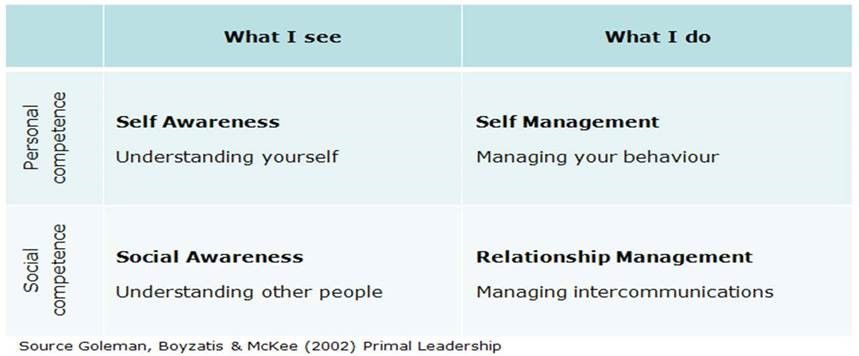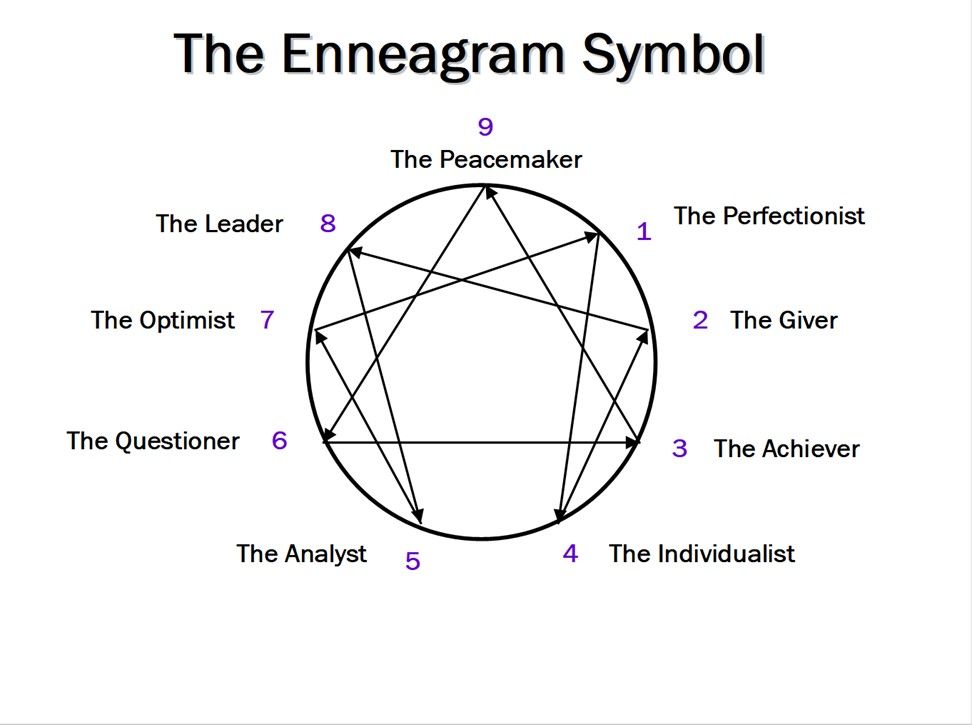Community of Practice
Article Library
Communities of practice are formed by people who share
a passion for something they do or are interested in.
a passion for something they do or are interested in.
Personal mastery: Applying the knowledge of the Enneagram for increased self-awareness and improved performance
Why Study Personality?
Senge argued that we need to be able to self-observe and that we need to discuss our behaviours with others. One of his Pillars of Leadership is Personal Mastery. For Senge, Personal Mastery embodies the skills we need to master ourselves as adults rather than children. This involves self-discipline as opposed to reacting compulsively. Through self-observation you can understand the relationship between you and your personality and what triggers your survival strategy. Daniel Goleman built on their work in the 1990s. “Emotional Intelligence” is defined by Goleman as the “The capacity for recognising our own feelings and those of others, for motivating ourselves, for managing emotions well in ourselves and in our relationships”. In 2002 he produced the classic EI framework.
Emotional Intelligence Quadrant

Working on knowing and understanding ourselves and others leads to:
- Better, more understanding communications
- Better relationships
- Better teamwork
- Better work performance
- Better service to our customers and each other
- More sustainable business
- Us being happier people
Studying personality can help us to learn and understand our own personality type as well as the personality type of others, and gain a greater understanding of how we are driven to behave when stressed and when relaxed. It helps us to become better observers of ourselves and to be able to better manage the unconscious patterns of our personality.
What is the Enneagram?
The Enneagram is an ancient tool for personal understanding, development and transformation. Its origins are mysterious, with some evidence that it was originally written about in about 331AD, by Evagrius of Pontus. Some authors claim it dates back to as far as 2,500BC. In any case, it has been around a very long time – much longer than other systems used in modern organisations to assist in understanding the unconscious influences upon ourselves and others.
The Enneagram is a fabulous tool for personal (and sometimes spiritual) transformation and for improving working and intimate relationships, communications and the functioning of families, organisations and other groups in society. “Ennea” is the Greek word for “nine” and gram means ‘point.” Its symbol is a nine-pointed star around a circle. The symbol has its own mathematical derivations and internal significant connections. There are vaious descriptors for the Enneagram types – but the following diagram shows the most commonly used terms.
Veronica Lunn - 12 April 2019

While users “attribute” Enneagram types (numbers from one to nine) to themselves and others, it is vital to remember that we are really typing a set of influences (habits, tendencies, survival strategies) that are on the person – NOT the person themself. People are too complex, too different and too unique, to ever be fully described by any one system.
However, if we know the “E” Type of ourselves and others we are dealing with, we have vital knowledge about how we and they may feel, think and do, or not do, in different situations. This is because we all behave automatically, or habitually at times, in response to the unconscious push from our own set of influences. The more self-aware we are, the less they continue to affect our thoughts, feelings and actions. Except for those few people on the planet who are enlightened, our unconscious habits continue their influence on us in relatively predictable ways. Understanding this can lead to greater tolerance and forgiveness and less blame.
It also helps others understand us and helps us develop greater self-understanding and be more forgiving of ourselves when we go off track. Each personality has its own unique defence mechanism. Each of us believes that our strategy for survival is the right one. These strategies feel right. Sometimes, though, they lead us and others astray. The Enneagram provides a framework to guide and support a personal shift away from the survival strategy to an understanding of the other positions.
Getting the best out of the Enneagram
Mary Bast and Clarence Thomson provide an excellent section on the ethical use of the Enneagram in their book “Out of the Box: Coaching with the Enneagram.” The Enneagram is not intended to put people into boxes. In fact, understanding the influence of our Enneagram type is the first step in getting out of the box of unconscious habitual behaviour. Remember, we are not our personality type. We are far more than that. The Enneagram just helps us to identify a potential set of influences that may impact on us. It really is just about using the knowledge of your own type and the types of others and being the watcher in the now moments of our lives.
The underlying premise is that if we are self-aware and are managing ourselves well we have the opportunity to be better leaders, colleagues and role models and improve the relationships most important to us. The following points can help us to get the best use out of the Enneagram:
- Just because we relate mostly to a certain type, that does not mean that we will always operate in a predictable way. The influence of the type will vary in relation to levels of self-awareness and our ability to manage the habitual responses of type.
- We should not make assumptions about how a person of a certain type will behave, as that may not always be the case depending on the variables noted above
- Understanding of type is not an excuse for behaviour. (“I do that because I am a five.”)
- We are influenced by both our Enneagram personality as well as our experiences, culture and environment.
- The Enneagram is very complex and our subtypes, Centres and Trifix will also impact how we show up in the world.
- Our Enneagram type does not change – what changes is our response to the push of the personality through increased self-awareness.
- There is no better or worst Enneagram type – they all bring amazing gifts that we need in the world and the workplace, and these gifts outweigh the challenges.
- When we know what the challenging parts of our personality are we can consciously choose our responses rather than allowing a habitual response or pattern to prevail.
- The knowledge just helps us to understand what the motivations and influences are for each type and what the behaviours might be at the stress and the security point. It provides a foundation for greater tolerance and understanding and more authentic conversations. .
Rob Noble and Veronica Lunn
Copyright © 2026 Noble Works. All rights reserved.
Terms and Conditions
Privacy Policy
Website by Michelle Byfield
Write your awesome label here.

